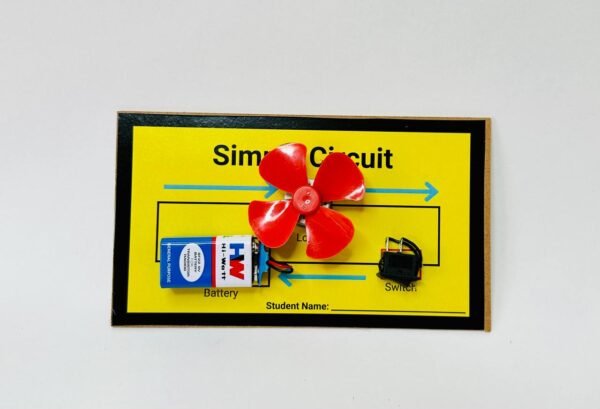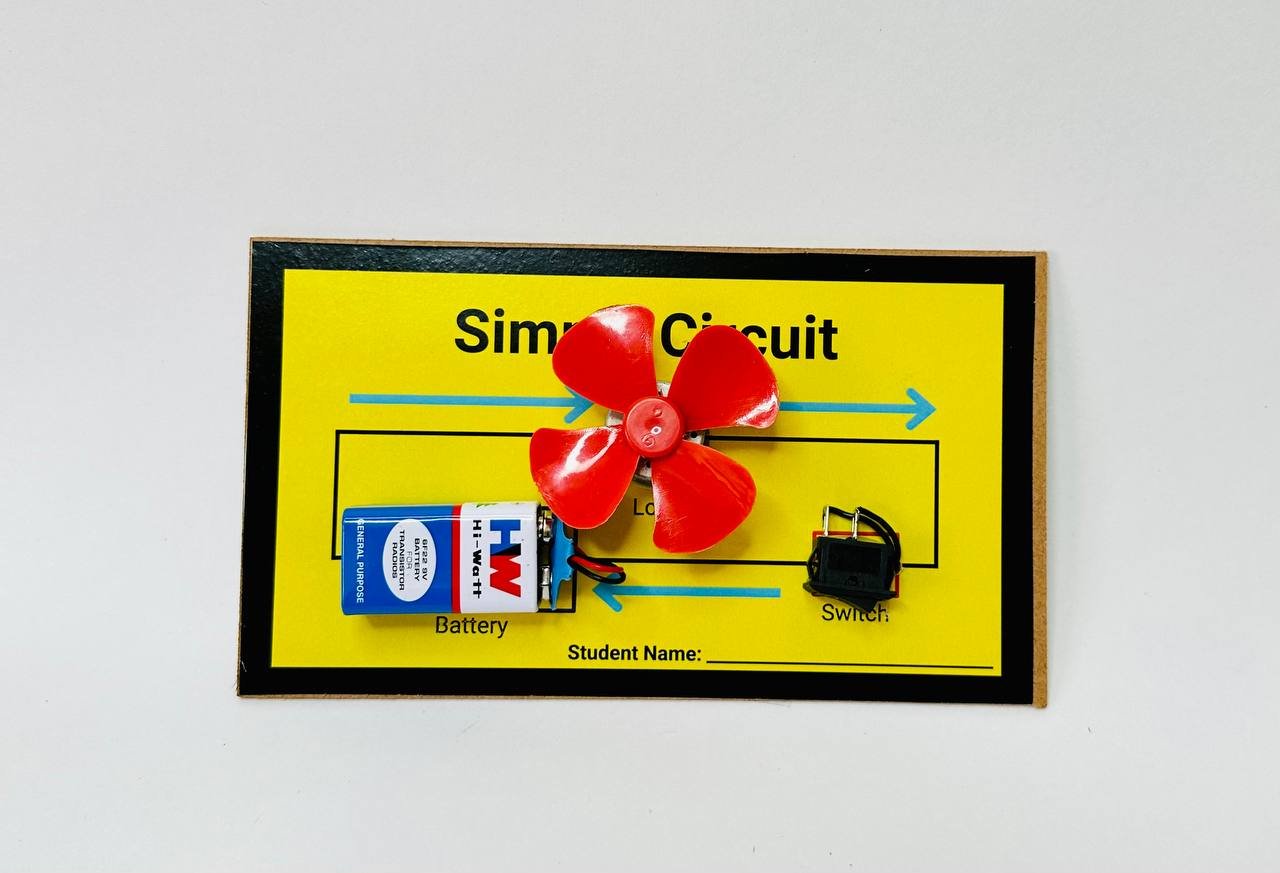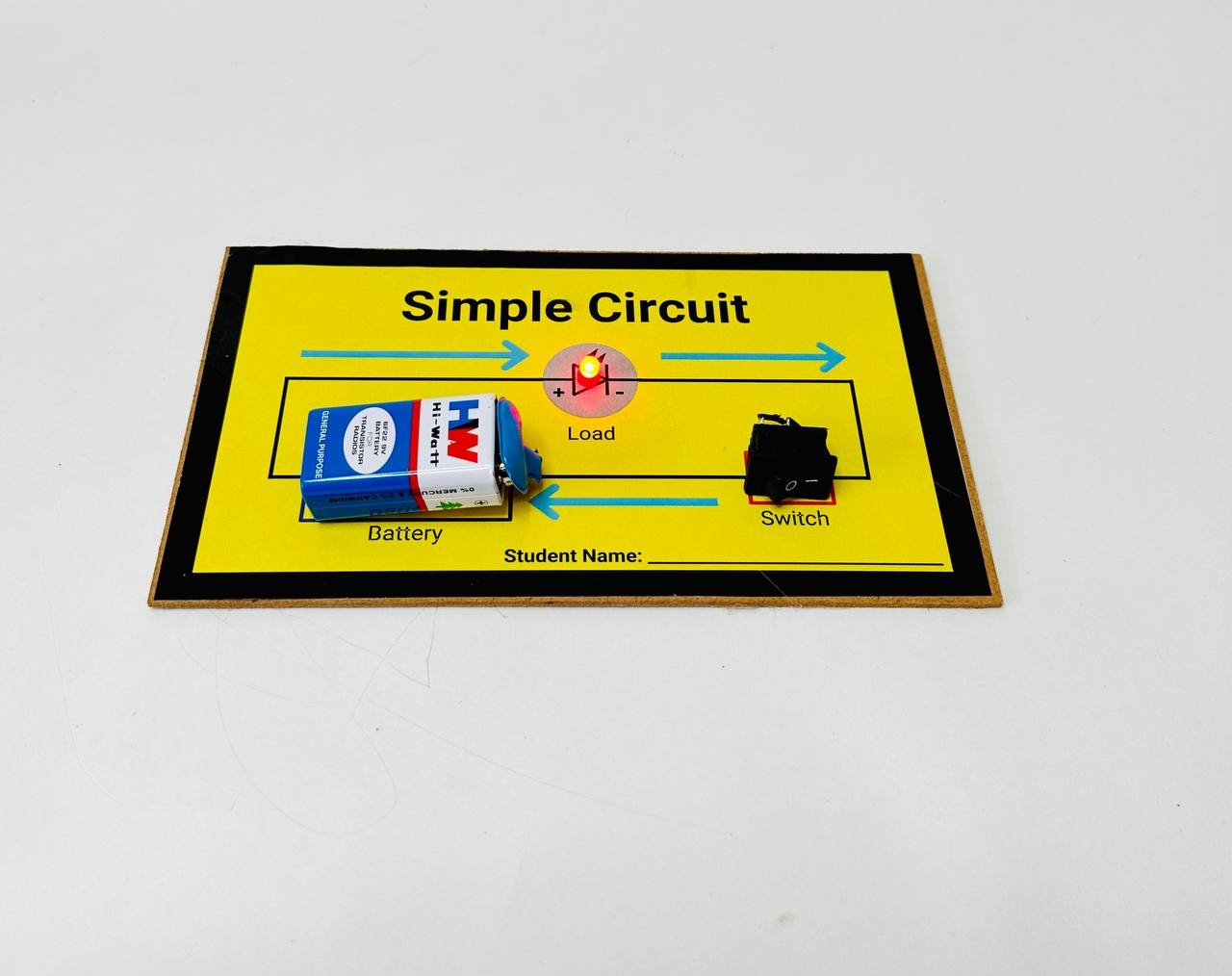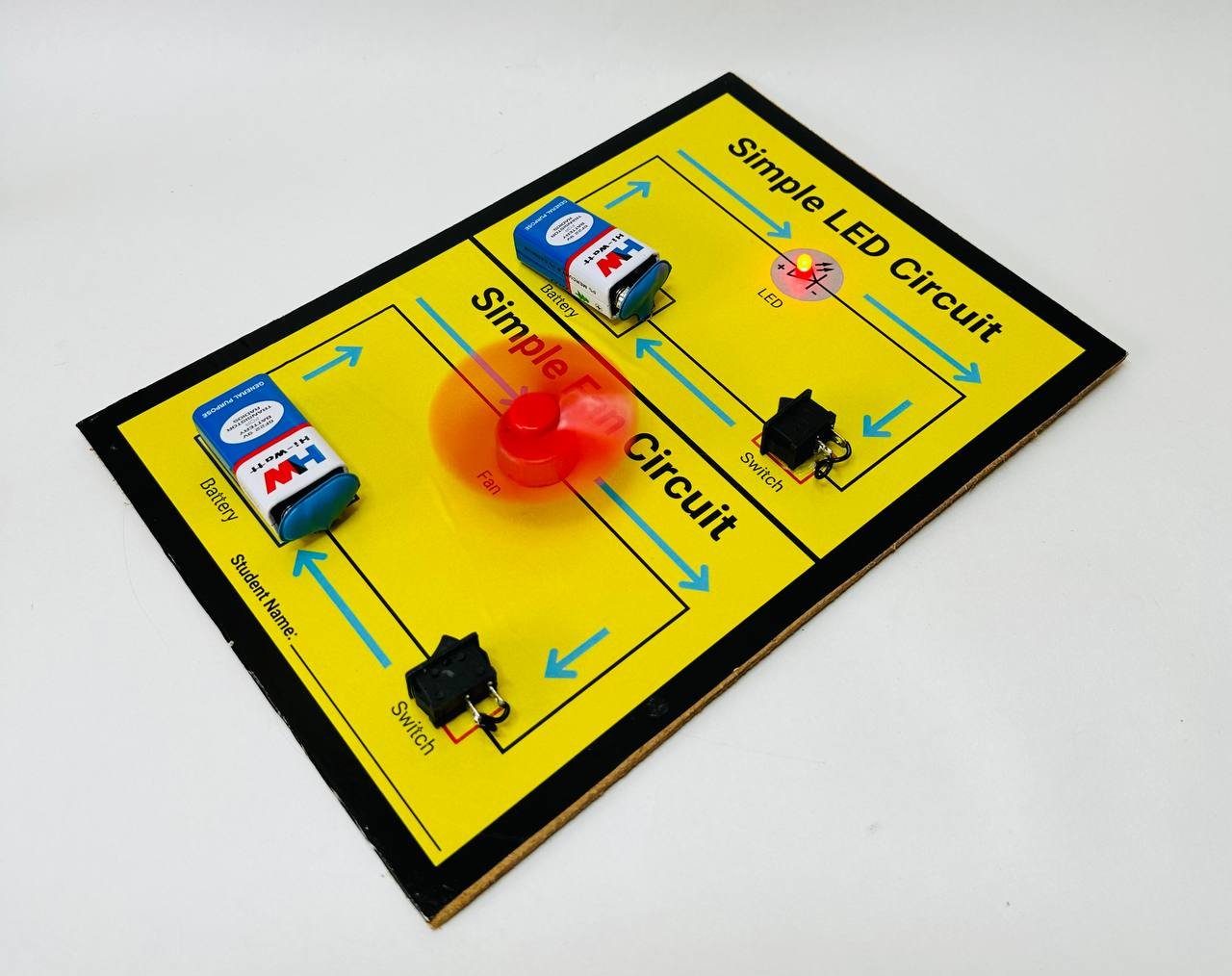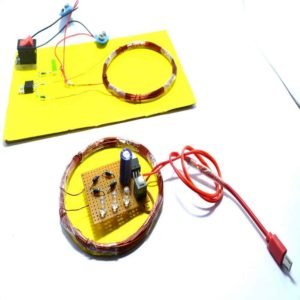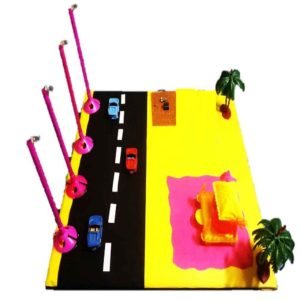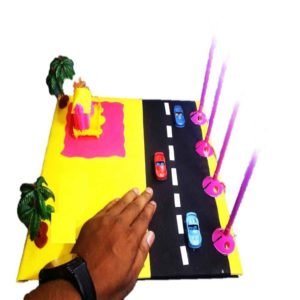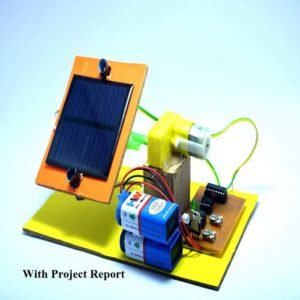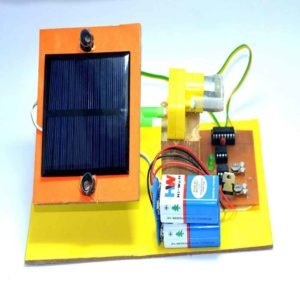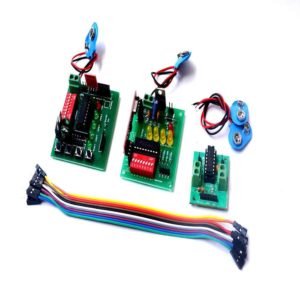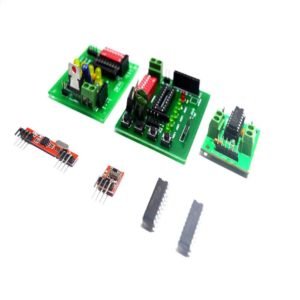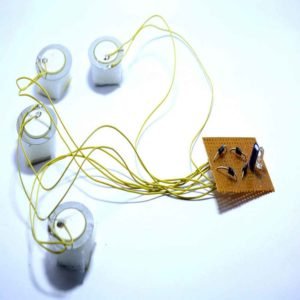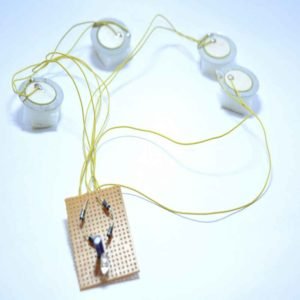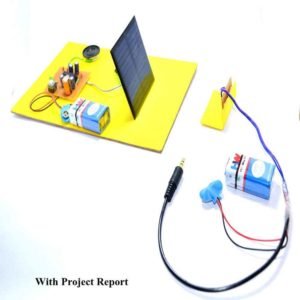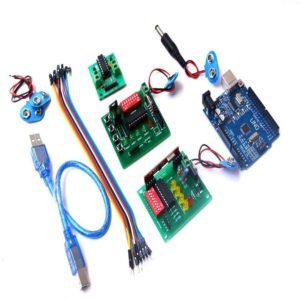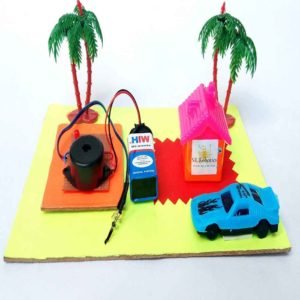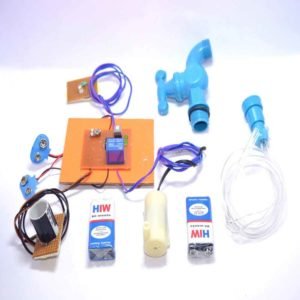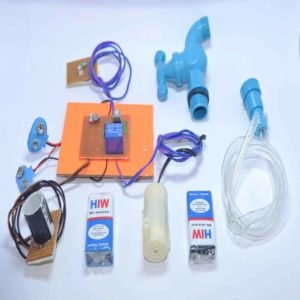-50%
Simple Fan Circuit
Original price was: 599.00₹.299.00₹Current price is: 299.00₹.
Simple Fan Circuit offers beginners a hands-on experience with basic electronics, featuring a DC motor with a fan, switch, and battery. Perfect for learning, it includes all components and a circuit diagram for easy assembly and experimentation.
- No Branding.
- 100% working. Tested by S.R. Robotics.
- FREE Shipping.
- Project Guide Included
- Description
Description
Simple Fan Circuit, an easy-to-use setup designed to explore the basic principles of electrical circuits and motor operation. This includes components such as a DC motor with a fan, a 9V battery, switch, wires, and a circuit diagram on board, offering a straightforward platform for beginners to learn about circuits and motors through hands-on experimentation.
Key Features
- User-Friendly: Perfect for beginners and hobbyists exploring basic electronics.
- Minimalist Design: Focuses on essential components for easy understanding and assembly.
- Complete Kit: Includes all necessary components for quick setup and operation.
- Hands-On Learning: Provides practical experience with circuitry and motor functionality.
- Portable: Compact design for learning on the go or at home.
Components Used
- DC Motor with Fan: Demonstrates basic motor functionality.
- 9V Battery with Battery Cap: Powers the circuit for motor operation.
- Switch: Allows easy control of the circuit.
- Wires: Connect components and complete the circuit.
- Circuit Diagram on Board: Provides visual guidance for assembly and understanding.
Working
- The 9V battery powers the circuit, supplying electricity to the DC motor.
- The switch controls the motor, allowing users to turn it on or off.
- When the switch is on, the DC motor with a fan operates, providing airflow.
- The circuit diagram on board assists users in correctly connecting components and understanding the circuit layout.
Applications
- Educational Use: Ideal for teaching basic circuit principles in classrooms or at home.
- STEM Projects: Suitable for science fair projects and hands-on learning activities.
- DIY Electronics: Great for hobbyists interested in experimenting with motors and circuits.
- Prototype Development: Use as a foundation for more complex circuit designs.
- Home Experiments: Engage in practical learning and exploration of motor functionality.





